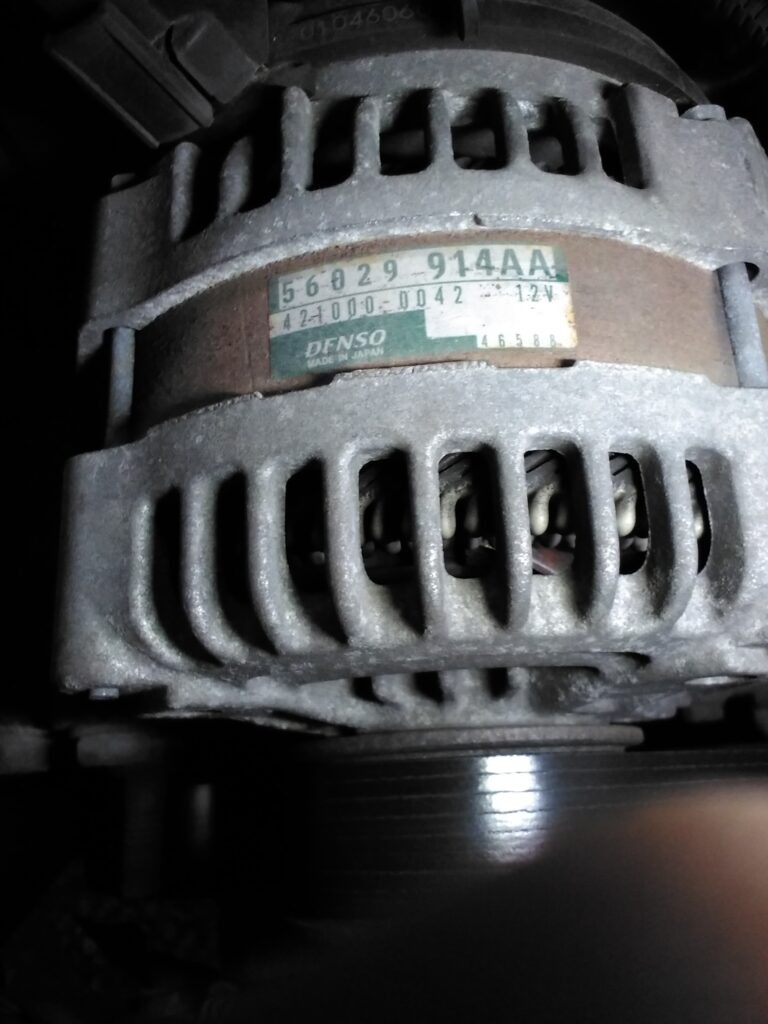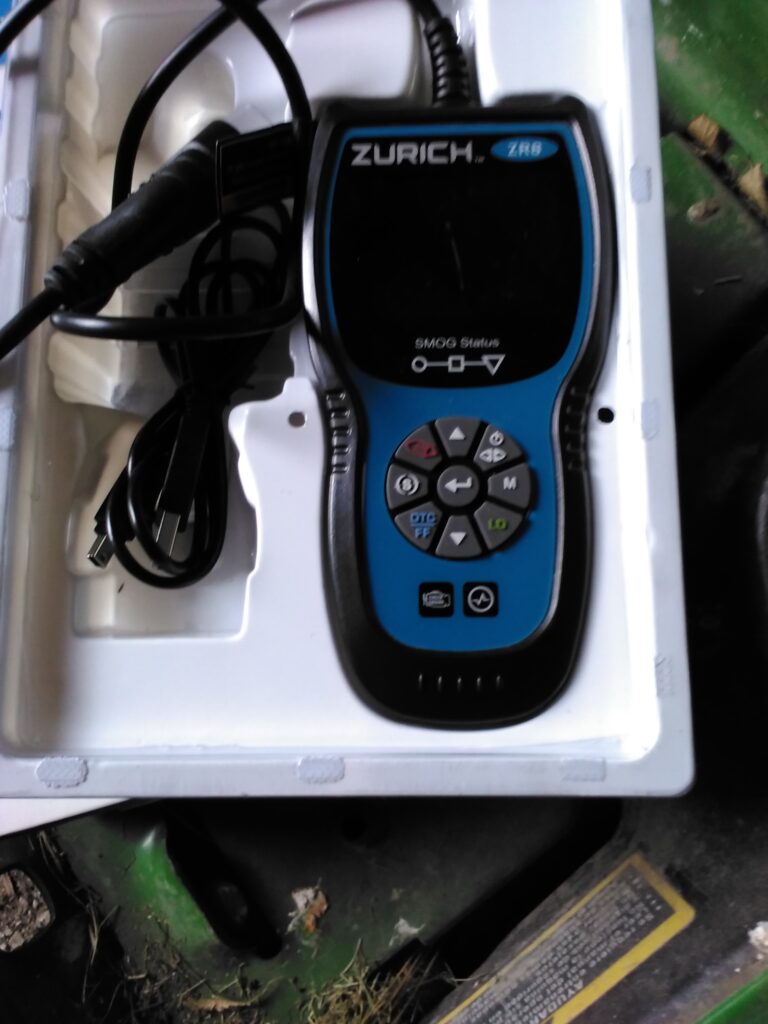In many ways this check gauges post is a follow-up to my service 4WD system post. You should probably read that post for my rant on Stellantis companies complete inability to put production quality electrical systems in vehicles. They always cut way too many corners. They price it like a Lincoln Town Car and build it like a Plymouth.

Most Expensive Thing You Can Buy is a Cheap Battery
If you read my previous post you will see that I did not do this to myself. Either the dealer or, more likely, the previous owner, put in the cheapest battery they could find. Seemed to start and run okay so I ignored the fact nobody I knew had ever heard of that battery brand. Yeah, I was too lazy to look it up online too.
Those who are lucky get a Service 4WD System indicator and some voltage out of range type fault codes. They quickly learn their lesson, install a high quality battery in time to stop further damage.
Check Gauges Warning

The rest of us get some form of “check gauges” alert. It’s “random” at first. Most people don’t realize that it happens when the engine gets around 2000 RPM. If you ignore it until it stays on constant you will most likely have fried the ECM or the TCM by then. Here is what your cheap battery killed.

Denso gets a bad rap for being failure prone and unreliable, but the truth is your $100 battery operating outside of the recommended voltage ranges is what kills it.
What Happens?
Today’s alternators don’t fail, not like the old ones did. The Delco-Remy alternators of the 1970s-1980s suffered heat fatigue bearing failure. Most times you could replace the bearing in the end plate and put it right back on the vehicle. That’s all the cheap reman places did. It worked more than 80% of the time so you can’t fault them for it.
If you want to understand the tech and the change from DC generator to AC alternator you can read some here. Basically a set of diodes only lets DC current out to the vehicle. As long as the battery and vehicle are drawing current within a specified voltage range, all is well. The diode pack is designed to last a long time.
AC Ripple
While age of the diode pack will allow some small amount of AC Ripple (AC current being thrown to ground) it gets worse when the electrical components it is trying to power (i.e. your cheap battery, after market stereo, etc.) are operating outside of the designated range. Age will eventually do any alternator in but a cheap battery can shorten its life just like heavy drug use and a punk rock lifestyle does to human life.
Test Your Alternator

Even my decades old $50 Harbor Freight special has a system tests menu. I found it without reading the instructions. It tells you exactly how to test the alternator. Select the test. Start the Jeep when it tells you. Hold RPM at 2000 as steady as you can while it counts down. At zero it tells you if you have a problem or not. Shut the Jeep off.
Summary
The “check gauges” warning is a constant problem because too many Jeep owners are cheap bastards buying the lowest priced battery they can find; damage to the Jeep be damned! Rather than fix it properly they go online to bitch about all of the constant electrical problems.
Don’t ignore this warning.
Don’t buy a cheap battery.
Test your alternator.


